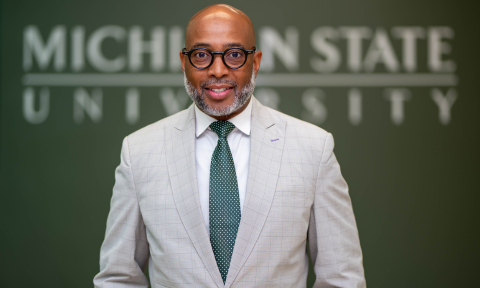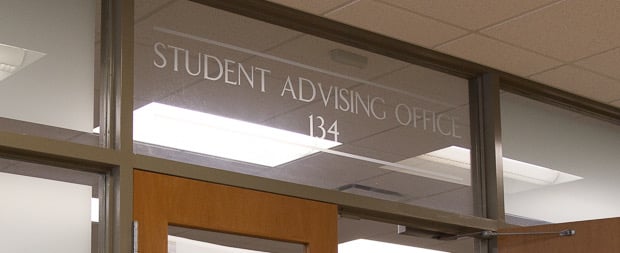Grounded in Research
The Special Education doctoral program at Michigan State University is grounded in research across a variety of methodological traditions and theoretical orientations. Students are mentored by nationally and internationally renowned faculty members, each a former special education teacher or service provider, who possess a deep understanding of educational challenges in real-world contexts.
Classroom- and Community-Based Education
Faculty members are widely recognized for their commitment to and expertise in classroom and community-based interventions that translate theory into effective interventions. They work in partnership with teachers, behavior technicians, and interventionists, locally, and throughout the state, country, and world to answer challenging and important problems.
Student-Focused Programming
Students admitted to the Special Education doctoral program can pursue a cognate-or area of interest- of their choosing for both their research and their courses. Students can elect to pursue any cognate they wish, including, but not limited to, applied behavior analysis, language and literacy, mathematics, and technology.
Apprenticeship Opportunities
- Research: Learn to conduct rigorous and relevant research that impacts policy, practice and student success
- Teaching: Develop a strong commitment to excellence in teacher preparation and professional development
- Service: Serve with integrity and leadership the families, institutions and professional communities concerned about children and youth with special needs
Special Education, Ph.D.
By the Numbers
5
Years of guaranteed funding
#9
U.S. News & World Report Rankings
Source: 2025 Best Graduate Schools: Special Education
10
tenure-system faculty active in the program
Student-initiated research
Doctoral students conduct research alongside faculty members working in the areas of:
– literacy,
– mathematics,
– applied behavior analysis,
– autism,
– assessment,
– technology,
– bullying and victimization
According to alum Kimberly Woblers: "[MSU] Special education faculty get research or personnel preparation grants that support students as research assistants or fellows."




